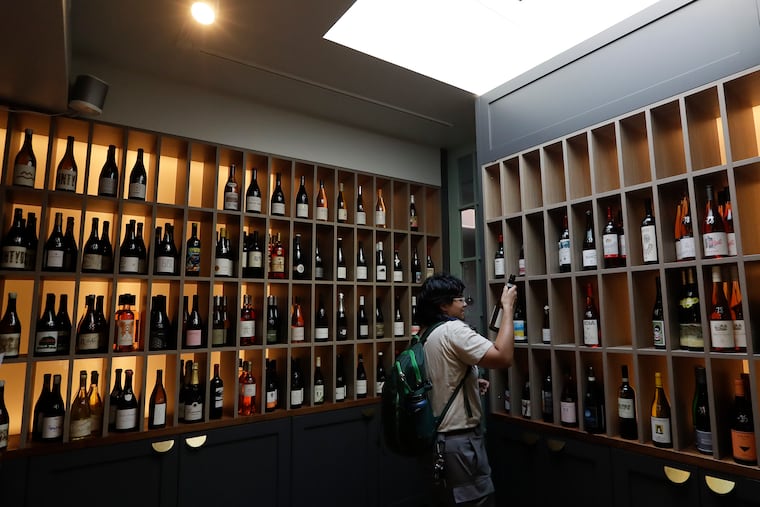PLCB must refund ‘tens of millions of dollars’ it charged for shipping fees, court says
The PLCB's $1.75-a-bottle handling fee, in place for five years, is the subject of four years of litigation. When will customers see a refund? Not too soon, one plaintiff said.

Tens of millions of dollars in refunds are due to many bars in Pennsylvania, as well as individual oenophiles and liquor enthusiasts, after the state Supreme Court affirmed a Commonwealth Court decision against the Pennsylvania Liquor Control Board over its special-order system, which handles bottles not available in Fine Wine & Good Spirits stores.
In 2016, state law required the PLCB to implement a system to allow wineries and merchants to ship products directly to customers by June 2017. The system did not go online until June 2022.
Meanwhile over the five years, the PLCB collected a $1.75 fee for each 750-ml bottle, which customers were forced to pick up at a PLCB store or warehouse; many customers are high-end restaurants and bottle shops that offer wine that consumers can’t readily find in Pennsylvania.
The 5-0 decision, published July 2, caps four years of litigation. The PLCB lost at every turn. Commonwealth Court ordered the PLCB to stop the fees in 2020. During one hearing in 2021, a judge asked a PLCB attorney: “How do we get the government to stop violating the law?” Commonwealth Court ruled against the PLCB in 2022. The PLCB appealed the Commonwealth Court’s decision to the Supreme Court.
The Supreme Court rejected the PLCB’s arguments that it was not a “person” under the law and as such could not be sued, and that the agency was covered by sovereign immunity and could not be forced to pay damages for not complying with the law.
The case was sent back to Commonwealth Court, which must determine not only the procedure governing the return of the special-order fees but the total expenses incurred by bars, restaurants, bottle shops, and individuals who traveled to PLCB locations for pickups.
The PLCB is likely to have to repay “in the tens of millions of dollars,” said John G. Papianou, a partner at Montgomery McCracken Walker & Rhoads in Philadelphia and the lead attorney in the case.
“We respect the Supreme Court’s decision and interpretation of the applicable statutes,” PLCB spokesperson Shawn Kelly said in a statement. “However, because the Supreme Court has remanded the matter for further proceedings and the litigation remains ongoing, we will not be offering any further comment at this time.”
Using PLCB data, LancasterOnline.com calculated last week that the agency could be forced to return between $40 million and $80 million in collected fees, plus damages.
Among the plaintiffs are MFW Wine Co., a wine brokerage in suburban Philadelphia, and Log Cabin, a restaurant in Leola, Lancaster County.
The litigation began in 2020 after the pandemic briefly shuttered the state stores and heightened the demand for direct shipping. “The restaurants were stuck,” Papianou said. “That’s when MFW reached out to me and said, ‘They were supposed to implement a procedure for direct delivery, and never did.’”
When Papianou sued to recover the handling fees, the PLCB filed a petition claiming sovereign immunity. Papianou said the PLCB’s response was, in short: “You might be right, but you can’t sue us for money damages because we’re the king and you can’t sue the king for money damages.”
“And we said, ‘No. You can’t steal from people and keep the money that you stole,’” Papianou said.
“This was a grassroots effort on all of our parts to go up against this Goliath,” said Malumed, a principal in MFW, who as a vendor does not stand to collect refunds.
Although the high court was unequivocal in its decision, Malumed said he did not believe that the PLCB would issue refunds soon.
“It’s just more of the same behavior,” he said. ”They think that they are this big agency that can do no wrong. They would rather spend millions of dollars in fees for lawyers and litigation just to try and prove that they are correct.”